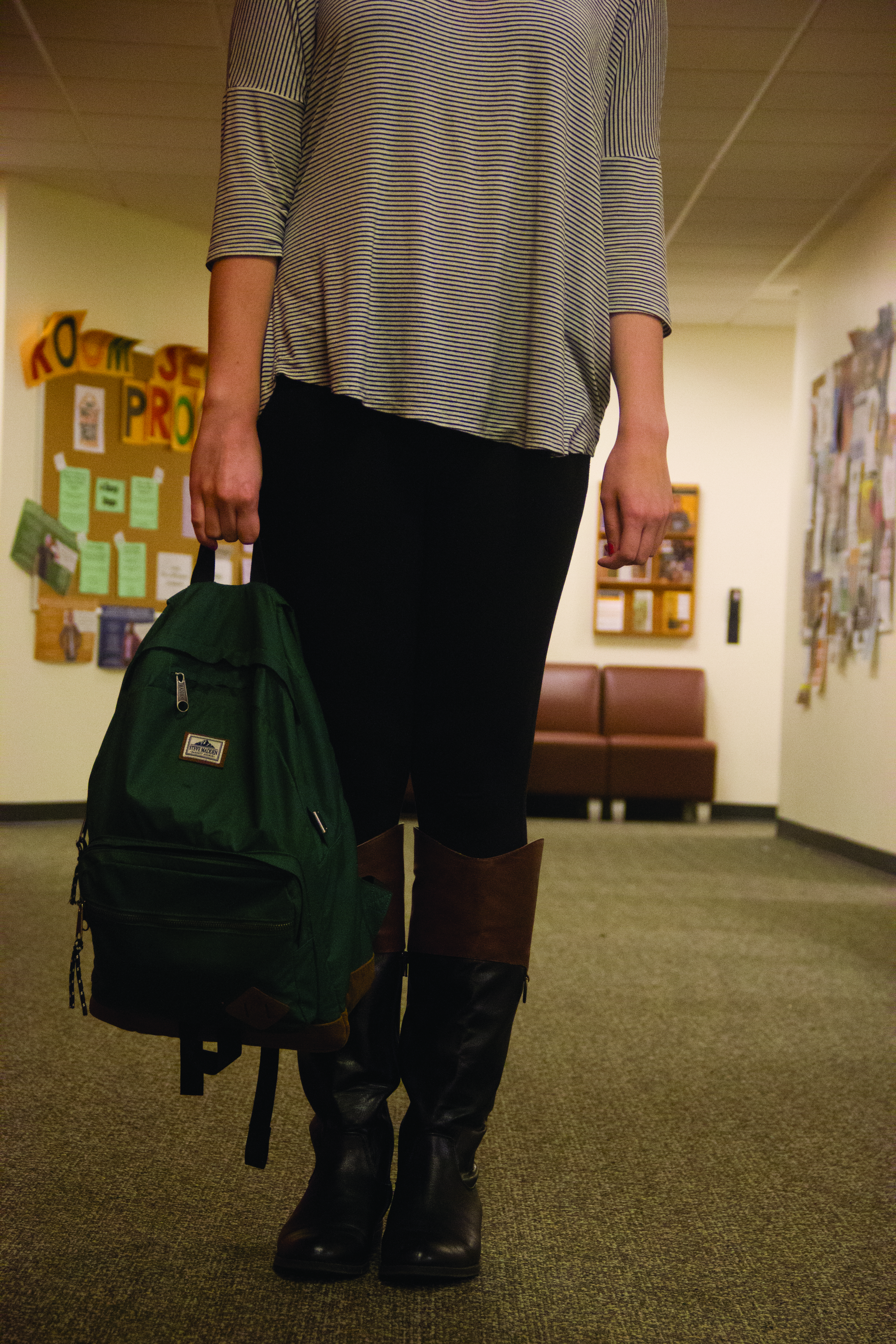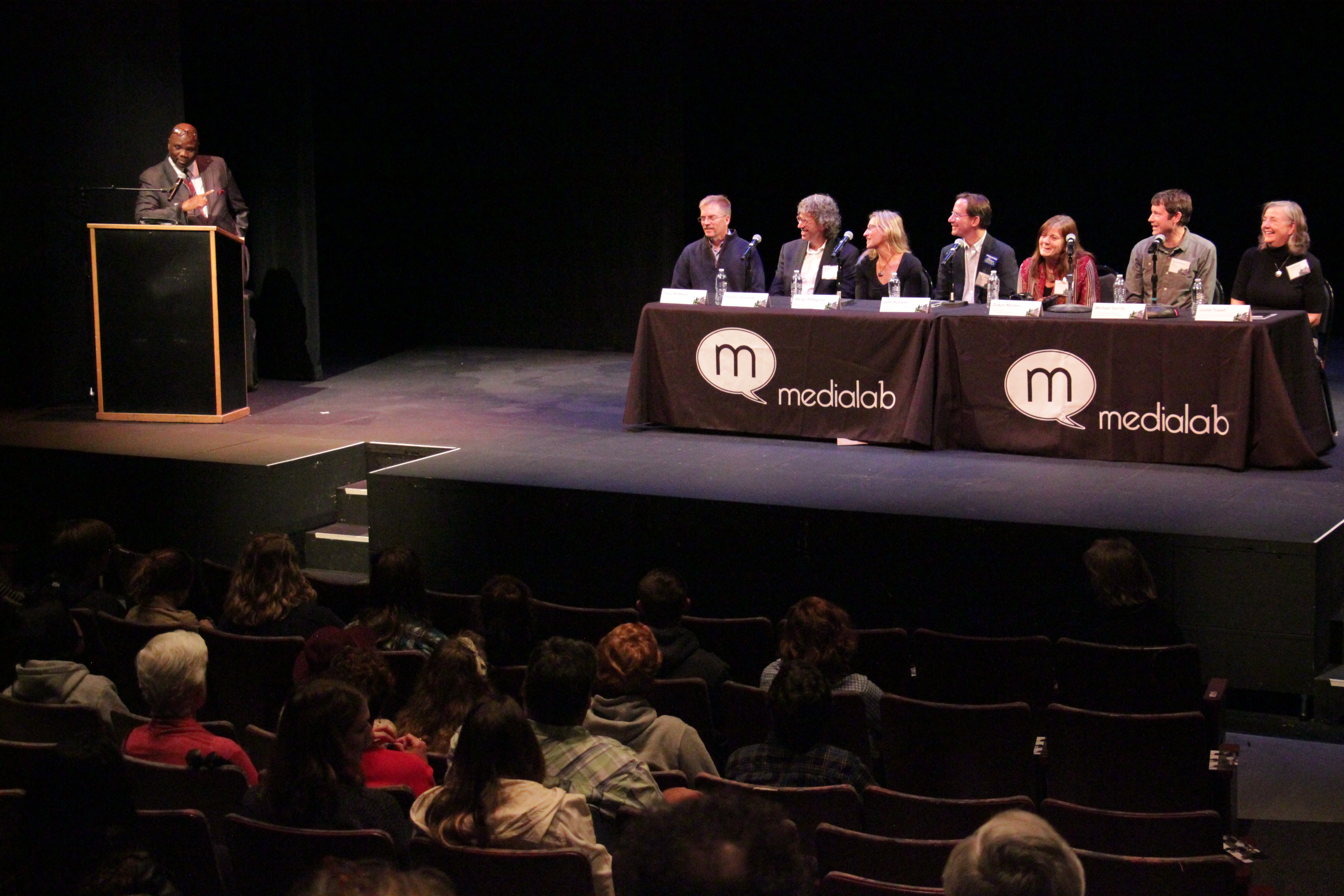Editor’s Note: On Tuesday, April 7, I was contacted by a student who wanted to share her story of being sexually assaulted on campus. This story was not meant to be radical or racy. The goal of the student and myself is to show the effects of the assault and what the process of taking legal action on- and off-campus is like. After discussing the story with advisers on campus and other staff at The Mooring Mast, the student and I laid out a way to share this story in an ethical way.
To keep the student’s anonymous, I will refer to her as “Lauren” throughout the story. The name of the man who assaulted her will also be changed to “Mark” for his protection. These names in no way reflect real people, and were randomly selected.
I sat down with Lauren April 8. She shared her story with me and provided me evidence she had with her. The legal action has been further fact checked and verified. This is Lauren’s account of the story. The Mast was unable to contact the accused assailant and therefore the following story is one person’s account of what happened and meant to be an account of her experience only.
by Samantha Lund, News Editor
Their History
“I guess where the story begins is that he lived three houses down from me,” Lauren said. “We grew up next to each other.”
For 21 years, Mark was like Lauren’s little brother. They grew up three houses away from each other, went to the same high school and eventually went to the same university. When Mark grew older and was in high school, he would tell Lauren about girls whom he’d had sex with and she would lend an ear and advice.
As Mark got older, Lauren began to notice a disturbing pattern.
“He took the virginity of a girl the first time they met and he told me with a smirk on his face,” Lauren said. “He would never say they had sex or shared a moment, it was always something he took from a girl.”
After Mark told Lauren what he did, he told Lauren she was the one he was actually in love with, then lunged at her and forced her to kiss him.
“I was pushing him away but I couldn’t really move,” Lauren said. “I finally put my hand on his face and pushed it away. I told him it was not acceptable and I wrote him a letter later explaining why.”
This was in 2013. The letter to Mark explained that Lauren wanted him to stop forcing himself on her and she also characterized his attitude toward women as “rude,” “sleazy” and “degrading.” Lauren expressed concern for her own safety in the letter, saying “When I look at you, I see a predator. I see someone I would keep my children away from; someone I would warn my friends about; someone I would never associate myself with.”
Mark came to Pacific Lutheran University a year after Lauren and left after his first year. He came back to visit some friends in October 2014. Mark texted Lauren asking if he could see her.
Lauren and her friends had been drinking in their room in South Hall. Lauren and her friends let Mark into their room, under the assumption he just wanted to visit with his old friend.
“He ended up coming up to South and sexually assaulting me,” Lauren said. “I was drinking and it was traumatic.”
Lauren woke up the next morning not remembering what happened. She said she had bruises on her body and felt sharp pain. She had to piece together what happened by going through messages she left on people’s phones.
“You don’t expect the person you’ve known forever to do that to you,” Lauren said.
Mark texted Lauren the next morning asking if she was okay. She told him she was not and explained why through texts (at right).
Mark accused Lauren of feeling guilty and wanting to give that guilt to him since she had a boyfriend. Mark said Lauren was asking for it and coming on to him. He also said, because she wasn’t slurring her speech, she couldn’t have been too drunk.
Lauren told him she did not remember everything and to this day, does not remember it all. She worries she is blocking things out.
The After Effects
“I have flashbacks and triggers that happen around every two or three days,” Lauren said. “Things that you don’t think will trigger you, like the same-colored hair or the way someone could walk or the way someone laughs is something where I have to stop, breathe and remember I’m okay.”
Lauren said her life will never be the same. Every day, Lauren deals with the side effects from this event. She said it has affected her schoolwork and she’s had to explain to professors why she behaves in certain ways or doesn’t get work done. Her friendships have suffered and so has her relationship with her boyfriend.
Lauren’s bedroom is no longer a comfortable place. She had to move around her bed and her furniture because it reminds her of the assault. She lost touch with people who were triggers and did not feel comfortable in her own skin anymore.
Her Legal Action
“The thing is, I feel like you hear a lot of bad story endings,” Lauren said. “There are never good endings to sexual abuse. I feel like people assume there are things that can be done, but they don’t know how easy it is.”
Lauren contacted the Women’s Center the week she was assaulted. Jennifer Warwick, director of the Women’s Center, worked with her directly and laid out options for her. They asked what Lauren wanted to do about the situation.
Warwick and Stacia Vierra, a victim advocate, told Lauren she could just talk about it or try to take legal action.
Lauren decided to fill out a Restricted From Campus (RFC) form with Director of Campus Safety Greg Premo. Mark was notified that he was no longer allowed on campus and began texting Lauren again asking her why.
A few weeks passed and the “Vagina Monologues” came to PLU. Lauren attended them and said she found them empowering.
“‘Vagina Monologues’ came and emotions came back,” Lauren said. “I ended up talking to [The Women’s Center] again. They worked with me, my parents and people in [my home town] to get a restraining order.”
The legal process was easy for Lauren. She went to court, filled out paperwork and turned it over to a judge. She said the judge took one look at it, asked her one question — “Does he still go to your school?” — and signed the restraining order.
“The papers weren’t hard to fill out, you just have to say what happened,” Lauren said. “It’s mostly just checking boxes.”
When Lauren returned to campus she said she felt safer. The restraining order meant Mark could not come within 150 feet of her and he could not try to contact her or her family.
“With that, I decided to file a police report, too,” Lauren said. “If he’s doing this to me, then he is doing this to other women.”
Lauren worked with Premo to put together a police report. The police report is about the specific incident, along with stating there was coercion and the use of physical force against Lauren. The event was very emotional, but for Lauren, the legal process was the easiest part.
Not having to worry about filling out paperwork, making deadlines or telling her story over and over again, Lauren could focus on mentally healing.
“[The legal process] was just so easy,” Lauren said. “You can focus on breathing, taking a bath or filling out a journal.”
What this legal action means
The legal action taken by Lauren was a restraining order and a police report.
A police report can be filed without pressing charges, as Lauren did. If charges are not pressed, the plaintiff does not have to go to court and the assailant is made aware of the report but isn’t prosecuted. A person may file a police report so there will be a record of the incident without choosing to insist on a police investigation.
A restraining order is filed when paperwork is given to the court requesting a hearing. If the judge grants a request, it means there will first be a temporary restraining order for three weeks, until the person who requests the order is heard in court. If the request is granted, it takes a month for the permanent restraining order to go into effect.
Her Message
Lauren doesn’t want her story to be one of horror or racy details, but something that women and men can look to and see that victims can stand up for themselves.
The legal process was easy and it helped her focus on emotional healing, Lauren said. Now, she doesn’t have to worry about anything but trying to feel normal again.
The simplicity of the legal action should also be a warning to the people causing the trauma, Lauren said.
Every assault is different. Not all legal action is this simple and easy but Lauren said she wants her story to show people how easy it can be.
“This process is so simple,” Lauren said. “Having it be so simple also means that the people causing the sexual abuse or harassment read this and will go ‘oh s—, I could get caught because this process is so easy.’”
 Campus Safety Incident Reports
Campus Safety Incident Reports Watch Now
Watch Now


















